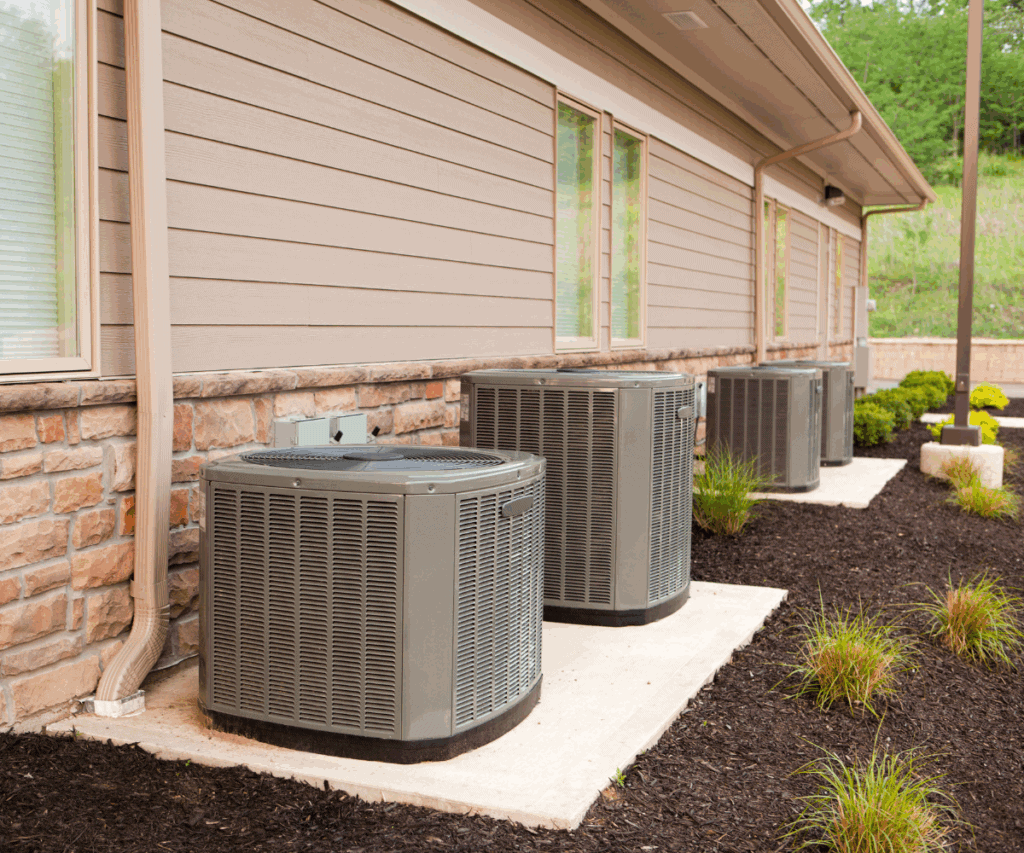If you live in Texas, you’ve probably noticed your HVAC system seems to run constantly—and you’re not imagining it. Between the long summers, high humidity, and unpredictable temperature swings, HVAC systems in Texas really do work harder than in many other parts of the country. Let’s take a closer look at why that happens and what you can do to help your system handle the extra load.
The Texas Heat Never Quits
Texas summers are long and intense. In many areas, daytime temperatures climb into the upper 90s or higher for months at a time. Your air conditioner isn’t just cooling your home—it’s also removing humidity from the air, which takes even more effort. When outdoor temps stay high overnight, your system doesn’t get a true break, so it runs more often and for longer cycles than it would in a cooler climate.
Humidity Makes It Harder
In coastal areas like Port Aransas, Rockport, and Corpus Christi, humidity levels stay high year-round. Even when the air temperature isn’t extreme, moisture in the air makes it feel hotter and heavier. Your HVAC system has to work double time to keep the air cool and dry inside your home. Over time, that extra workload can wear down parts faster and increase your energy bills if maintenance isn’t consistent.
The Temperature Swings Don’t Help
In Central Texas cities like San Antonio, Austin, and the Hill Country, the temperature can drop 30 degrees overnight or swing dramatically between seasons. Those fluctuations mean your HVAC system has to constantly adjust, switching between cooling and heating. That stop-and-start action can strain your equipment, especially if filters are dirty or components are aging.
How to Help Your HVAC System
Since you can’t change the Texas weather, the best thing you can do is give your system the care it deserves. Schedule professional maintenance at least twice a year—once before summer and once before winter. Technicians can clean coils, check refrigerant levels, tighten electrical connections, and make sure airflow is optimal.
You should also replace your filters regularly and consider upgrading to a high-efficiency unit if your system is more than 10 years old. Newer models are designed to handle heat and humidity better while using less energy.
The Bottom Line
Yes, HVAC systems in Texas absolutely work harder than most. Between the relentless heat, humidity, and seasonal shifts, your equipment rarely gets a break. But with regular maintenance, smart upgrades, and a little preventative care, your system can stay efficient, reliable, and ready to keep you comfortable all year long.
If you need help keeping your system in top shape, Highland AC is here to help Texas homeowners stay cool, comfortable, and confident—no matter how high the temperature climbs.
Learn about our HVAC Installation Services.
